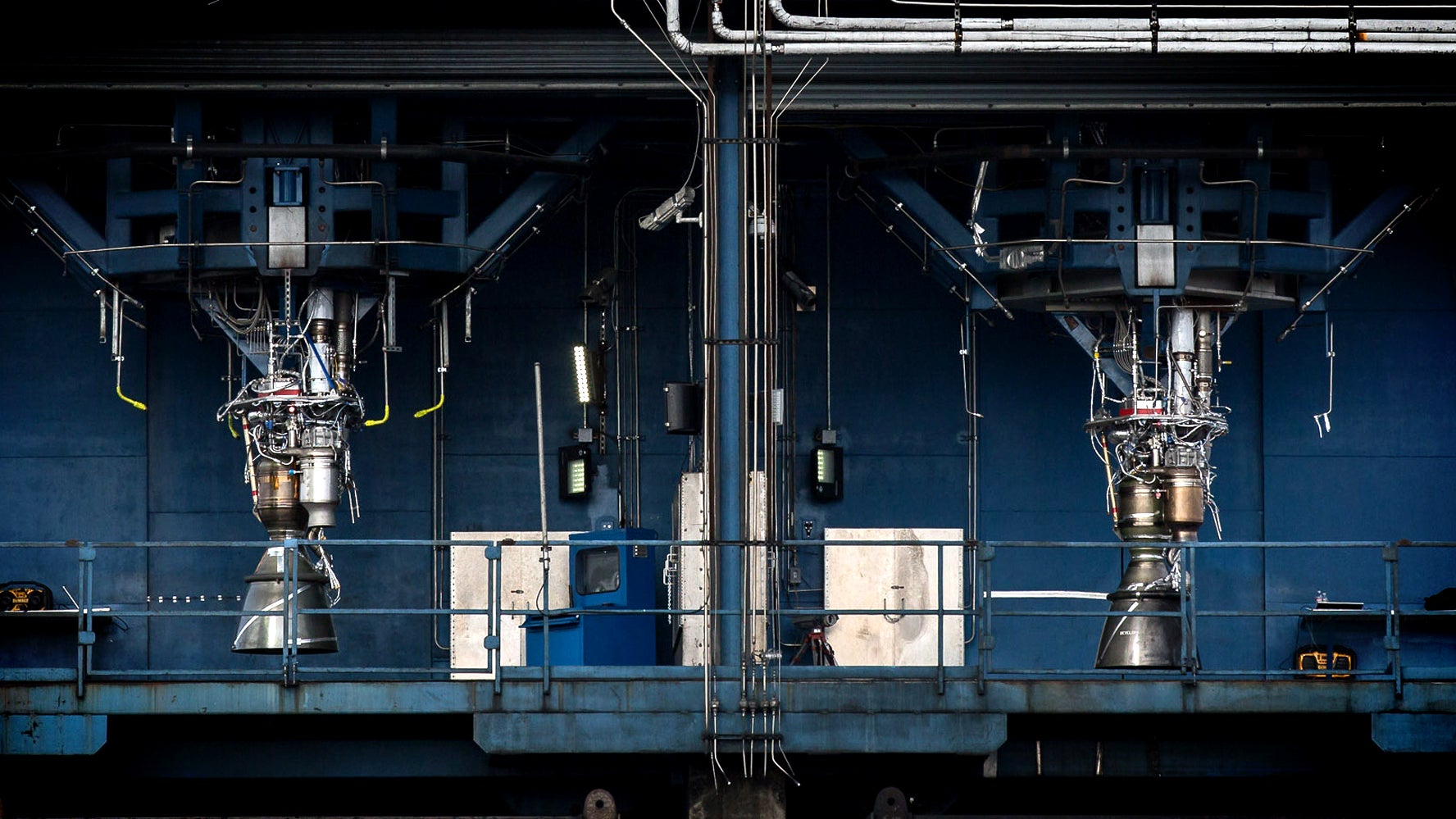The US military is killing a program that tried to launch satellites with fighter jets
The US military research lab that funds some of the most important (and terrifying) scientific work out there is scrapping a program that would have launched satellites with fighter jets, after the next-generation rocket fuel involved turned out to be a little too explosive.


The US military research lab that funds some of the most important (and terrifying) scientific work out there is scrapping a program that would have launched satellites with fighter jets, after the next-generation rocket fuel involved turned out to be a little too explosive.
DARPA, the Defense Advanced Research Projects Agency, had tasked contractors at Orbital ATK and Boeing to help it develop a system to launch small satellites with 24 hours notice for less than $1 million.
The team came up with a rocket utilizing a new propellant called NA-7 and designed to be launched from the bottom of an F-15 jet fighter. It hopes to test the program, called Airborne Launch Assist Space Access (ALASA), multiple times in 2016.
But unmanned tests conducted this year revealed a problem with the new, high-powered fuel, which attempts to combine in one fluid the two components in liquid rocket engines—an oxidizer and the fuel itself, typically liquid oxygen and a kind of high-grade kerosene. Two on-the-ground tests of the new fuel resulted in explosions, according to officials interviewed by Space News, and the substance was determined to be too volatile to be carried by a piloted plane.
“From a performance standpoint it’s still great but from a safety standpoint you have to work that out,” Brad Tousley, who supervises the program for DARPA, told Space News. “As of present, we’ve stopped planning for any launches.”
The team behind the research intends to keep developing the propellant, possibly for ground-based launches. A unified rocket fuel would simplify the incredibly complex plumbing inside of a rocket engine, but the reason why engineers have typically separated the two components has become apparent in these tests.
Efforts to rapidly launch small satellites on the cheap won’t end here, though, as governments and private companies alike seek to enhance satellite development by making rapid prototyping possible. Creating more flexibility for satellite operators at a time when launches take months, if not years, of planning remains an important goal.
Another promising effort comes from Rocket Labs, a startup that electrified a key component in rocket engines, the turbopump, in a bid to create a more efficient engine. The company hopes to test its rocket in 2016 and begin a low-cost, high-tempo small satellite launch business by 2017.